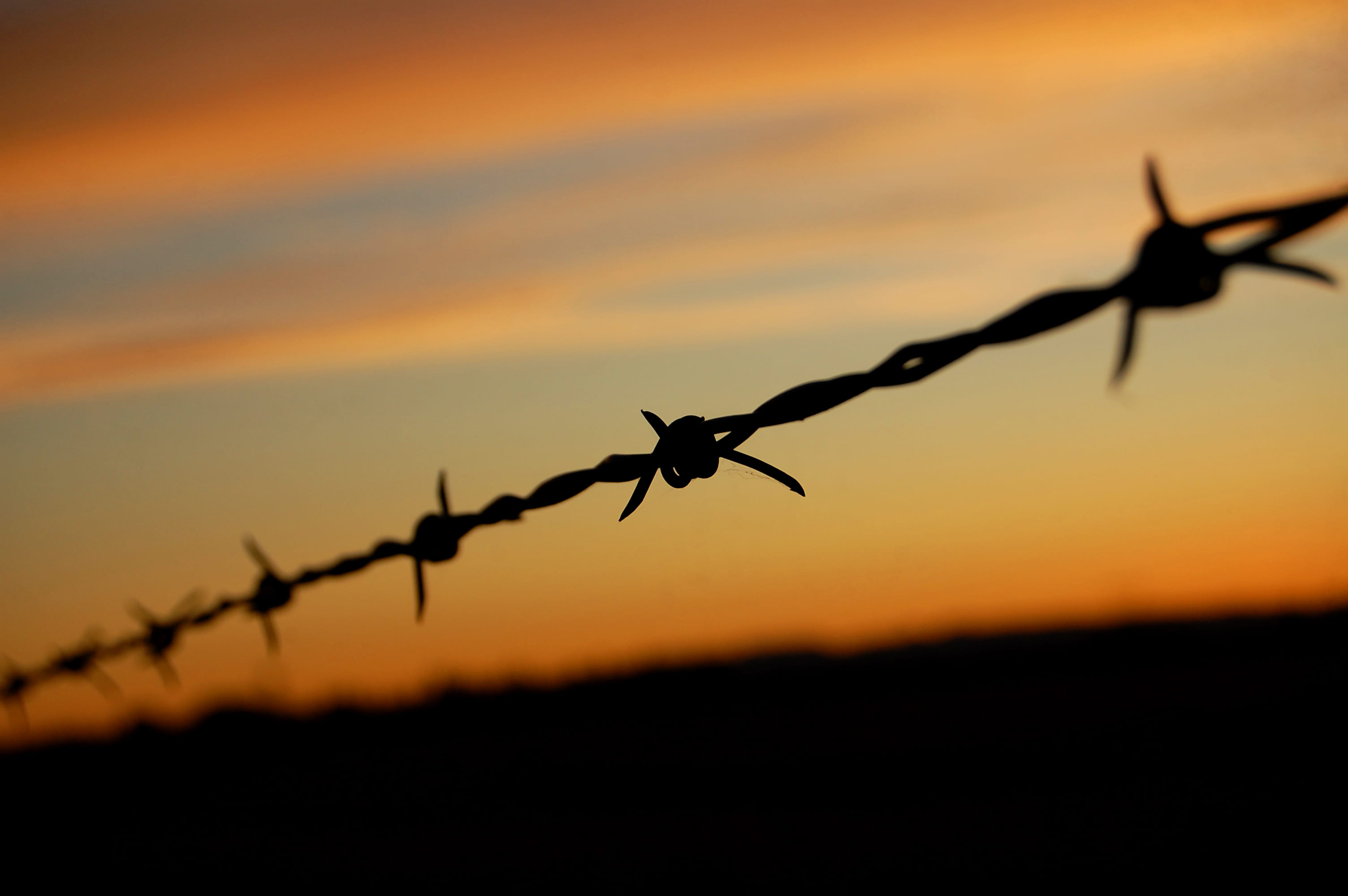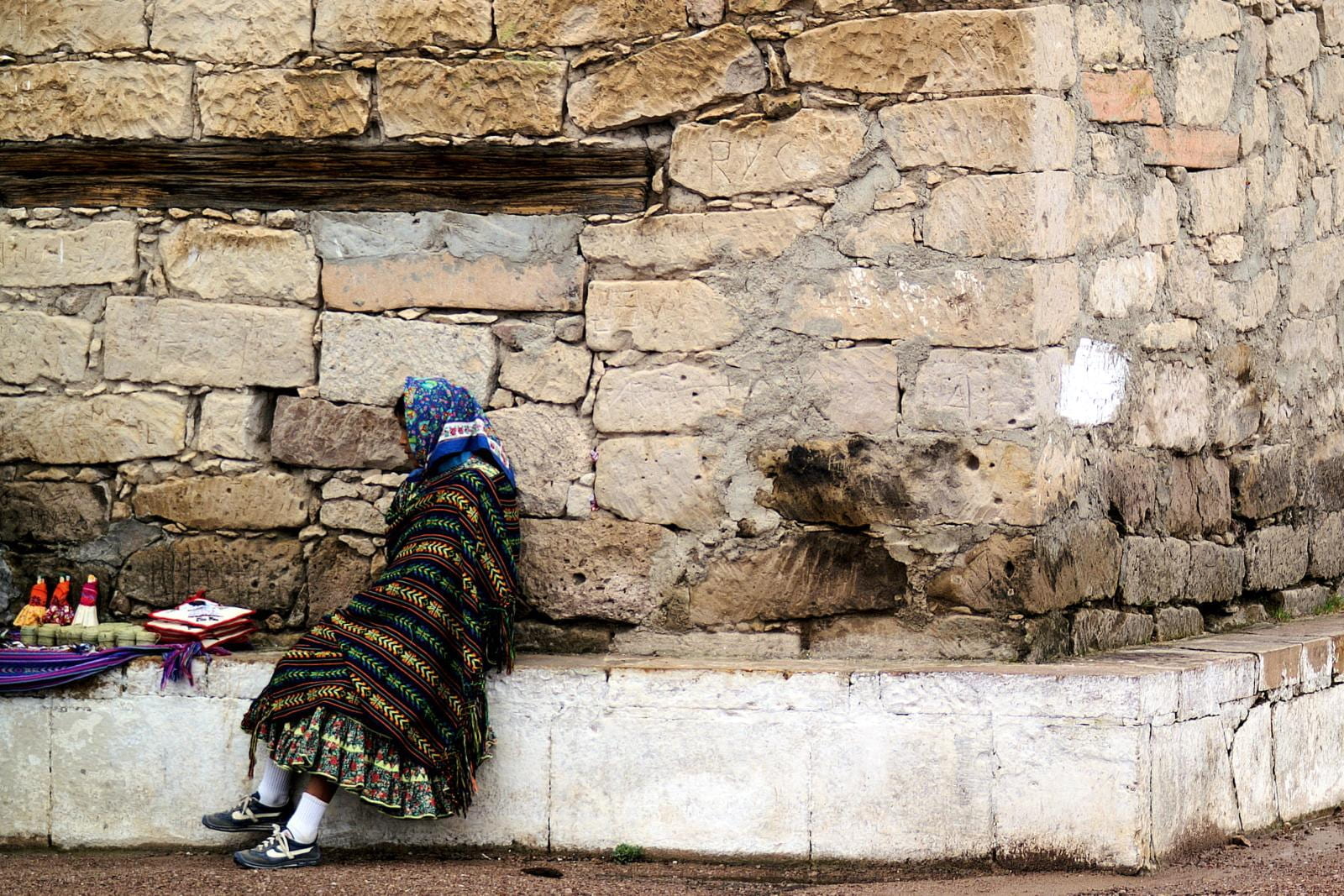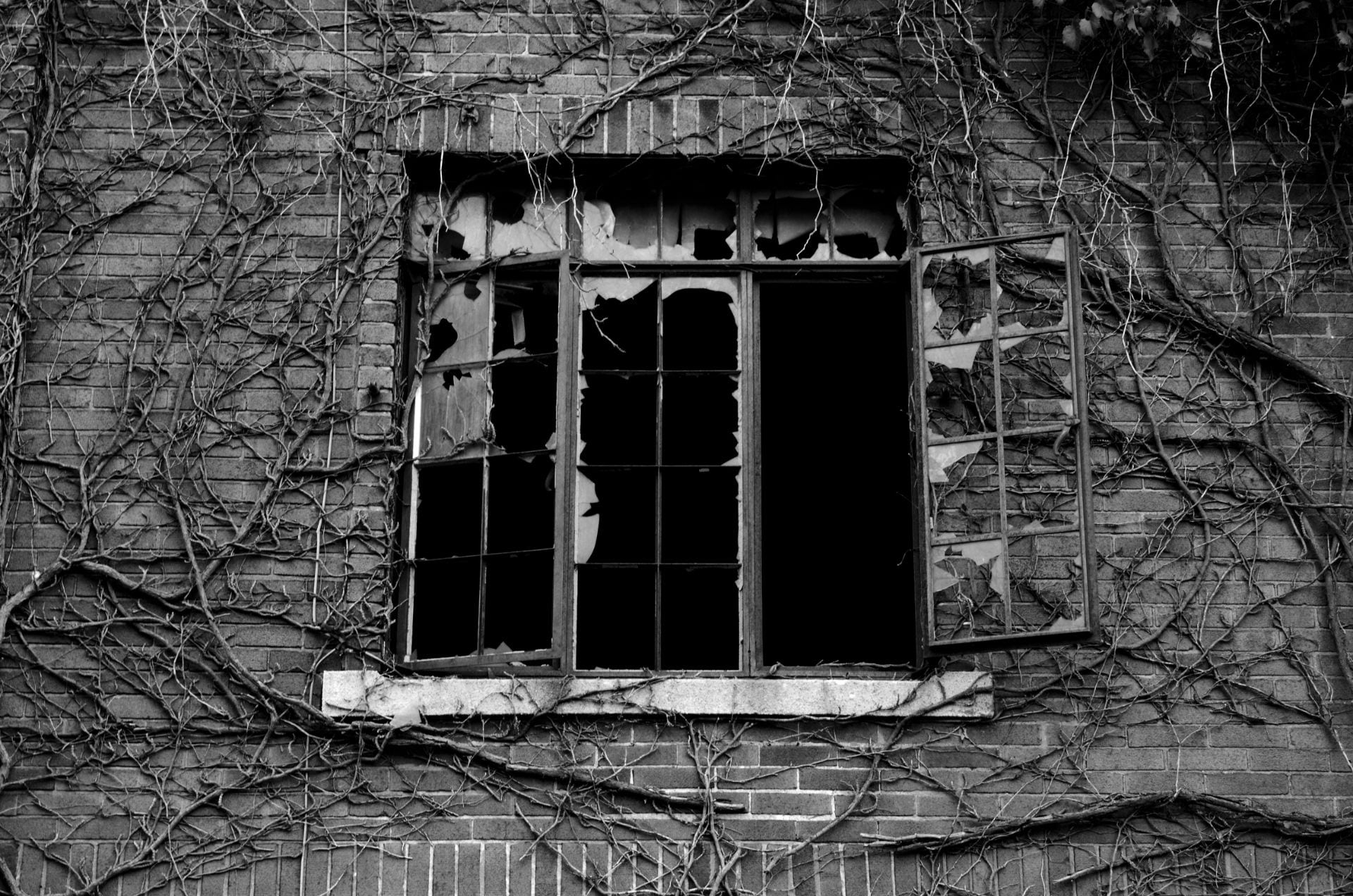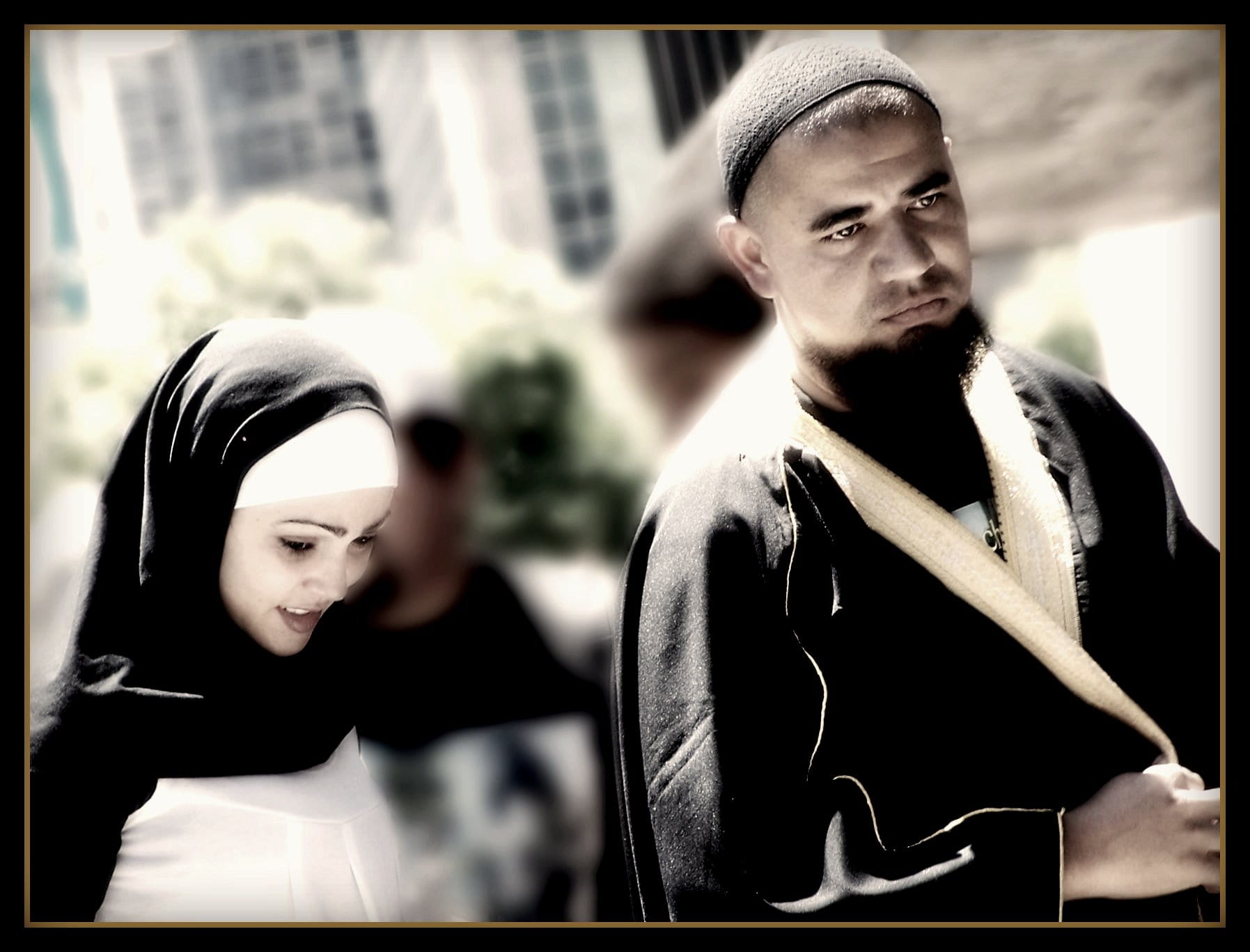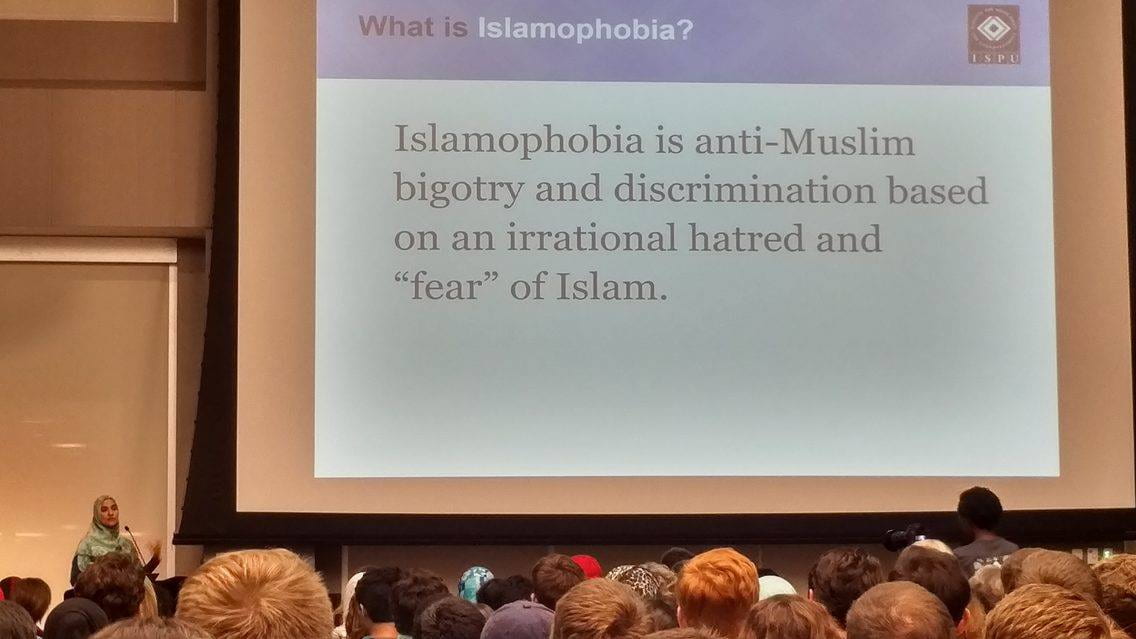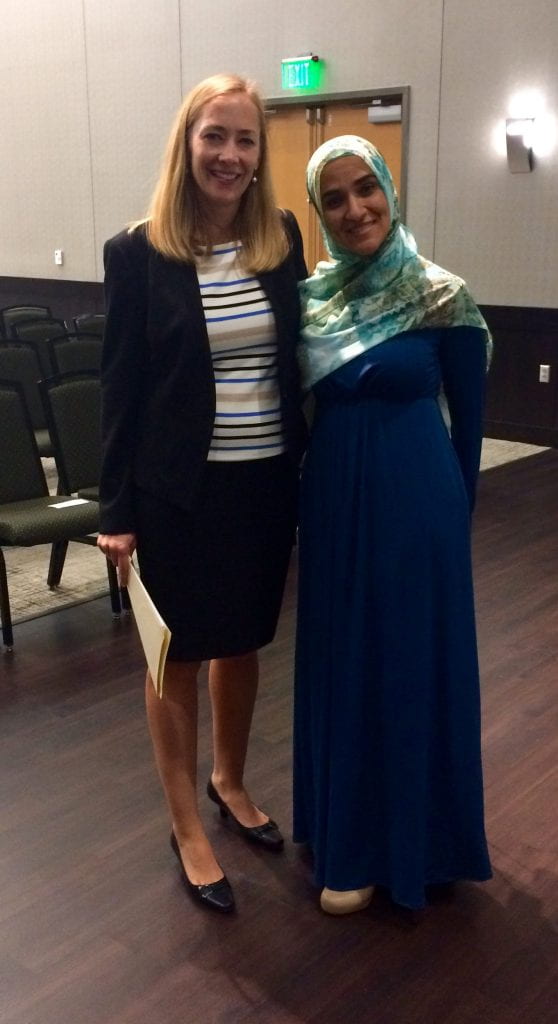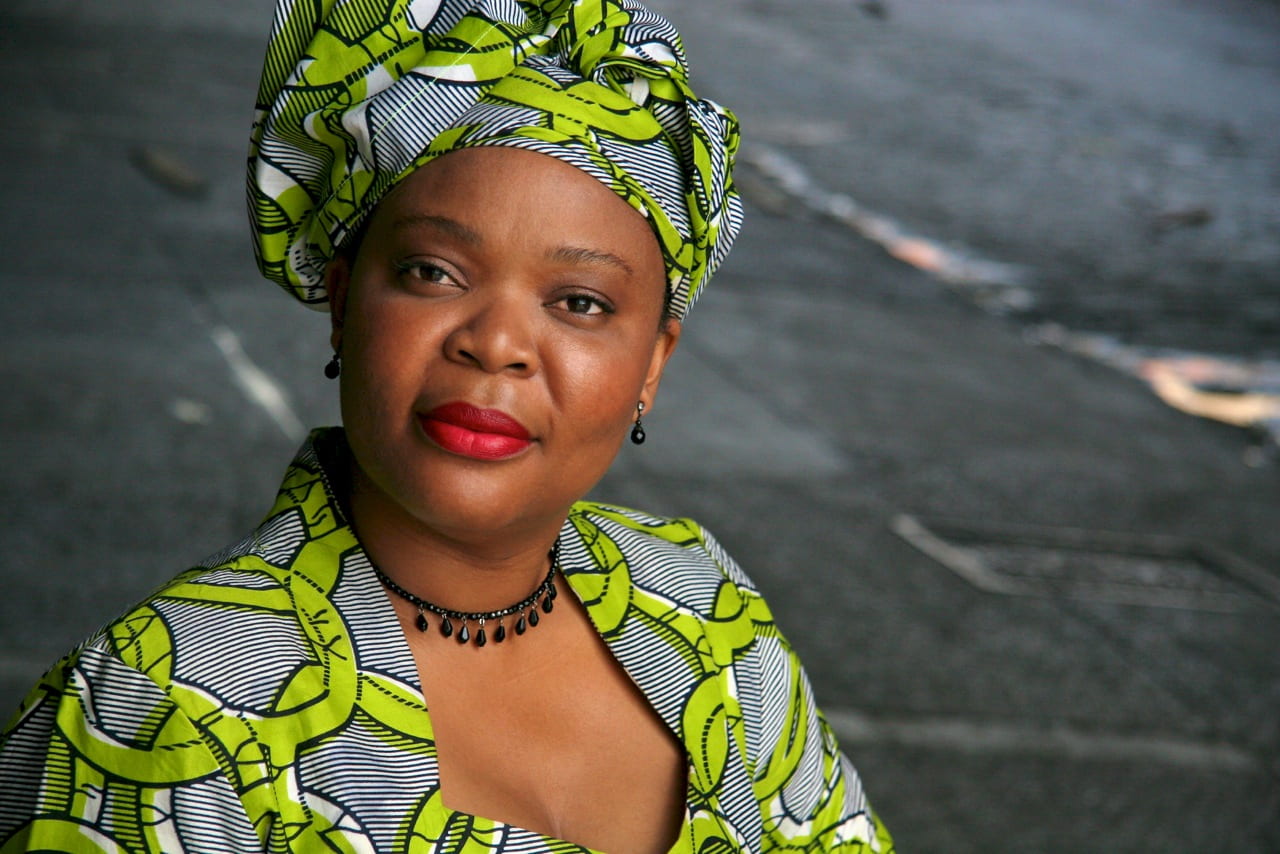
Leymah Gbowee is one of my human rights heroines. I first heard of her work in my peace studies class. We watched the documentary, Pray the Devil Back to Hell, which chronicles the cessation of the second Liberian Civil War and the power of nonviolent protests in pursuit of peace. Gbowee and the women of the Liberian Mass Action for Peace organized peace talks between African leaders and rebel warlords in order to see peace come to a nation upended by more than 14 years of violent war. After hearing her speak on campus a couple of weeks ago, I wanted to educate myself on how Liberia has decidedly made steps towards the creation and maintenance of peace—how the citizens and the government acknowledge and confront a destructive history while establishing a constructive present, building for an improved future.
When thinking of peace, one may think of marijuana smoking hippies and flower children in the middle of a New York field, or a society without war. The latter is a fair but incomplete description of peace. Anthropologist Margaret Mead concluded that “warfare is just an invention…The ordeal [warfare] did not just go out because people thought it unjust or wrong; it went out because a method more congruent with the institutions and feelings of the period was invented… We can take comfort from the fact that a poor invention will usually give place to a better invention” (Barash 23). Peace is the better invention.
Peace is an alternative to war but it is complex.
There are factors that have to be considered in addition to the curbing of physical violence. Dr. Douglas Fry asserts that although violence makes headlines, it is actually a minute part of social life. It is the focus on aggression which allows it to become the central narrative. “Human potential for peace is underappreciated, whereas violence and warfare are emphasized, and thus naturalized. Naturalizing war and violence can help to create a self-fulfilling prophecy: if war is seen as natural, then there is little point in trying to prevent, reduce, or abolish it. Consequently, the acceptance of war as a social institution facilitates its continuance.” He proposes that there is a potential for human beings—and as a direct result, societies–to live at peace and in peace.
What does war and peace have to do with the current state of Liberia? Everything. From 1989-2003, the country had been overrun by warlords, child soldiers, and internally displaced people (IDP). War and civil unrest had leveled communities built upon “togetherness and sharing”. Yet, this nation, located on the southwestern coast of Africa, that is home to 4.5 million people has been in a state of peace for the past 13 years. The government of Liberia is underwriting a Liberian rebirth under the leadership of President Ellen Johnson Sirleaf.
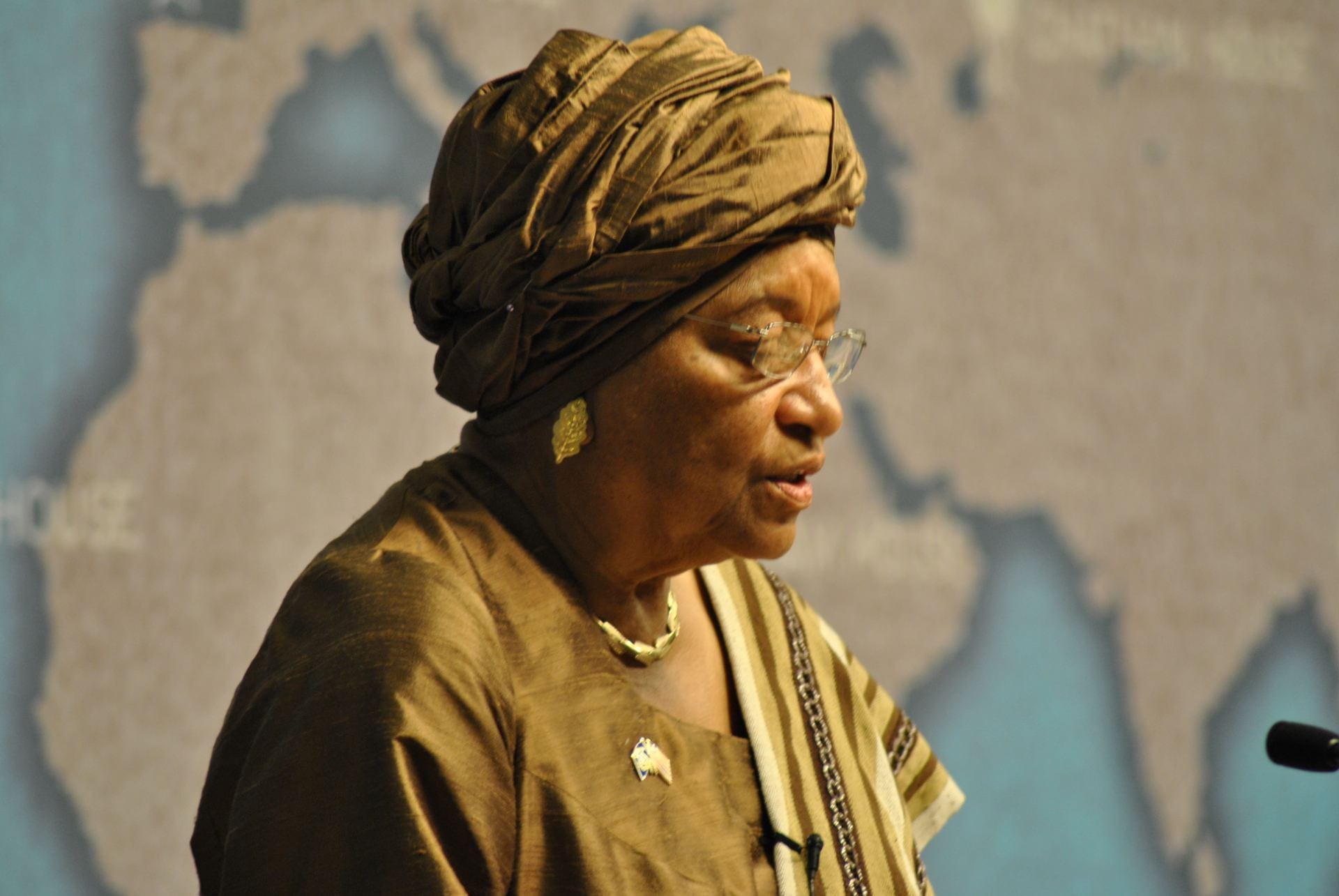
The historic 2005 election of Ellen Johnson-Sirleaf was the first of its kind on the continent of Africa. Gwendolyn Mikell writes that from a Liberian perspective, the vote in favor of Johnson Sirleaf was rooted in the fact that she was not a man. “Societies have needed women to help transition them from socialism to democracy or from conflict to peace. African publics claim that women are more responsive to people’s needs, and that women make better politicians.” Liberians believed that male presidents brought war and violence; therefore, a woman would be needed to make things right. In and out of politics for more than 30 years, Ellen Johnson-Sirleaf was imprisoned for criticizing President Samuel Doe’s administration, found political asylum in the US during the years of the Liberian civil war, and worked as director of the Africa Bureau of the UN Development Program.
What has a Liberian renaissance looked like over the past 13 years? It has been a slow process of reconciling two Liberias, according to Ruthie Ackerman. “The answer may lie in demonstrating that the government’s top priorities are justice and accountability.” The lifestyle of a life without war provides a peace that is not fully resolved, a term called ‘negative peace’, because the roots of the issues causing the conflict have not been addressed. The antithesis of negative peace is positive peace. In pursuing positive peace, the desire for a lack of violence is the starting point. Positive peace confronts the hidden symptoms of societal structural violence. Johan Galtung coined the term ‘structural violence’ as a description of violence where social institutions (church, government, employment, schools, etc) fail to meet the needs of its citizens, perpetuating social injustice based upon race, age, gender, class, nationalism, etc. David Barash states that
“when human beings suffer from diseases that are preventable, when they are denied a decent education, housing, an opportunity to play, to grow, to work, to raise a family, to express themselves freely, to organize peacefully, or to participate in their own governance, a kind of violence is occurring, even if bullets or clubs are not being used. Structural violence is another way [kind] of identifying oppression, and positive peace would be a situation in which structural violence and oppression are minimized.”
In Liberia, the identification of the oppression and process of rectifying and removing it has been the foundation of Johnson Sirleaf’s presidency. She correlates the decline and abrupt end of growth of her country with decades of war, the corrupted power of a few, and a closed political system, resulting in Liberia becoming one of the poorest countries in the world. “The entire nation had been virtually deprived of basic services and infrastructure such as roads, clean water, electric power, and solid waste disposal.” Poverty, though improving, continues to plague the nation, particularly Monrovia, the capital. The Guardian reports that Monrovia is the poorest city in the world. Basic necessities like water, electricity, healthcare and transport are still not up to par. Ebola devastated the country last year, and the diamond industry remains a cause of interstate and international disparity. Despite challenges and setbacks, the efforts of the Johnson-Sirleaf government to initiate reform have been recognized globally.
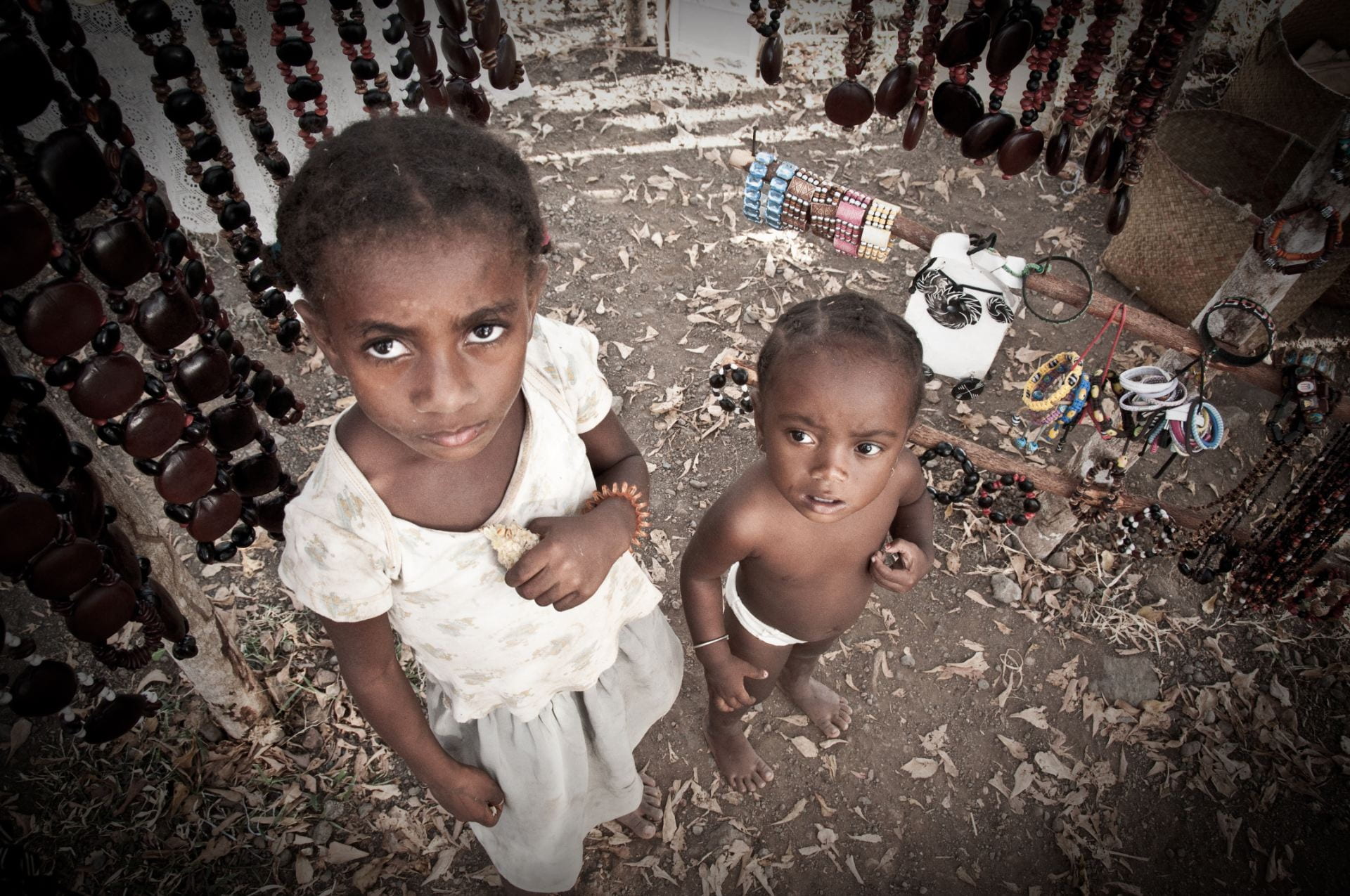
The Universal Declaration of Human Rights (UDHR) outlines that human beings have equal and inalienable rights to
- Life, liberty and security of person in Article 3
- A standard of living adequate for the health and well-being of himself and of his family including food, clothing, housing and medical care and necessary social services in Article 25
- Education… elementary education shall be compulsory in Article 26
- Work with just and favorable condition and without discrimination in Article 23
In 2007, President Johnson-Sirleaf introduced three issues of policy that her government would correct: national peace and security, investment in education and healthcare, and revitalization of the economy and infrastructure by creating jobs in agriculture and trade.
The government of Liberia created a model for peace and was able to implement it.
“Our policies must respond to the deep wounds of our civil war, and enhance national governance while quickly introducing measures of structural reform and reconstruction”, said President Johnson-Sirleaf in 2006. According to the Global Peace Index, which measures the peacefulness of countries based upon 23 qualitative and quantitative indicators, Liberia ranks 72/163 countries; whereas, the United States is ranked 103/163. In fact, since 2008 (which is how far the index reviews) Liberia has been viewed as more peaceful than the US. Fry points out that societal shifts from violence to peacefulness takes years and generations, and though a society was once violent, the past does not discount their ability to become and remain peaceful in the future.
The government of Liberia is working to improve and administer healthcare for more of its citizens. Kerry A. Dolan summarizes that within the next four years, the government is working to deliver healthcare to citizens living the rural areas as they put into service community health assistants. “The CHAs will be paid $60 a month… will be supervised by nurses and physician assistants. The primary goals of the programs are to reduce maternal and child mortality and build a resilient health care system.” Additionally, the program will create thousands of jobs; tremendous progress for a country that once had 50 doctors for 4 million people. Dr. Raj Panjabi of Last Mile Health trusts that the effort will prevent local outbreaks from becoming global epidemics.
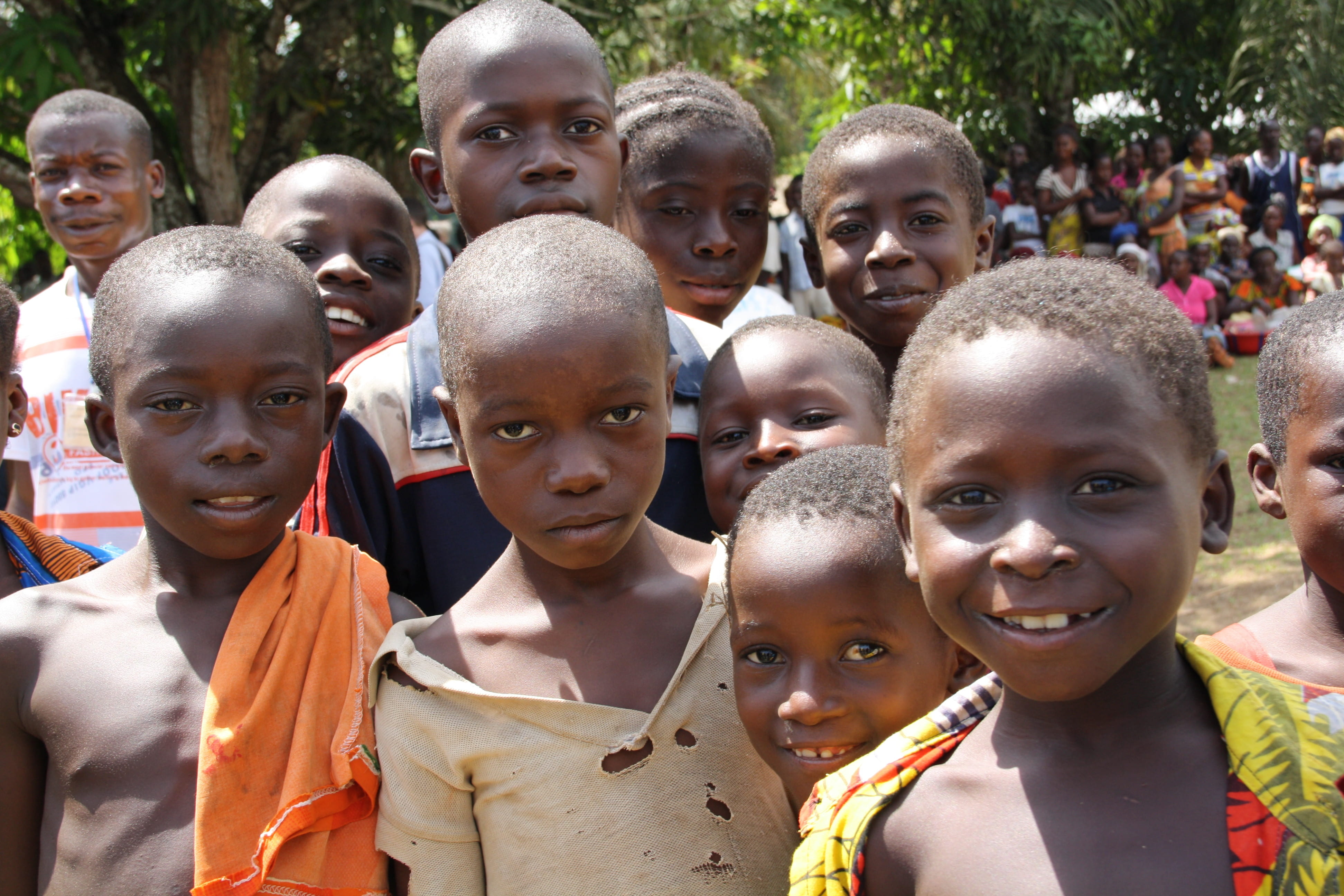
The government of Liberia is conducting a reconstruction of its educational system. In 2013, all 25,000 high school graduates failed to pass the state university entrance exam. Aagon Tingba deems that proceeding with a controversial partnership between the private sector and public education is the best option for the children of Liberia. “Critics say the government should be responsible for our own schools, but in Liberia we simply don’t have the resources to do it ourselves. That is the reality. Liberian children deserve more. Doing nothing was not an option.” The decision is needed specifically for primary school students and teachers. The Liberian government is piloting this education program that will provide training, support, accountability, and resources to a system in need of improvement. “In some [secondary] schools, children [are] being taught basic fractions by teachers who are barely literate”, says Sheldon Yett of UNICEF.
The government of Liberia is empowering women and girls by placing them in the foreground. Leymah Gbowee calls attention to the lack of expression given to the female experience, particularly as a survivor of war, in her book, Mighty Be Our Powers. She discloses that women are always in the background as though our lives are an appendix to the main narrative. “If we are African, we are even more likely to be marginalized and painted as pathetic…victims. That is the image of us that the world is used to, and that image sells. During the war, almost no one reported the other reality of women’s lives. And how we created strength in sisterhood.” Mikell confirms that President Johnson-Sirleaf has placed female leadership over the rehabilitation of female victims and child soldiers, and the citizens have elected women to parliament and other political office.
So what does supplying healthcare and education, eradicating poverty, and giving voice to the female experience have to do with the uncovering of structural violence in order to create and maintain positive peace while living without war? Everything. Graham Kemp characterizes a peaceful society as one that has diagnosticated and cultivated ideas, mores, value systems and cultural institutions which stimulate cultural interactions and developments towards the minimization of violence and the promotion of peace. Human rights violations are symptomatic of a failed shared value system. A peaceful culture and society is not a utopian existence. It is, however, a recognition of a personal and communal decision to enhance the wellbeing of another. President Johnson Sirleaf’s belief that poverty and corruption are parasitic lead to the establishment of a transparent government. The overhaul of the educational system prepare the process of removing poverty as an obstacle in the road to achievement, making leadership and employment opportunities possible, thus eliminating a potential creation of a vacuum where violence and war might build.
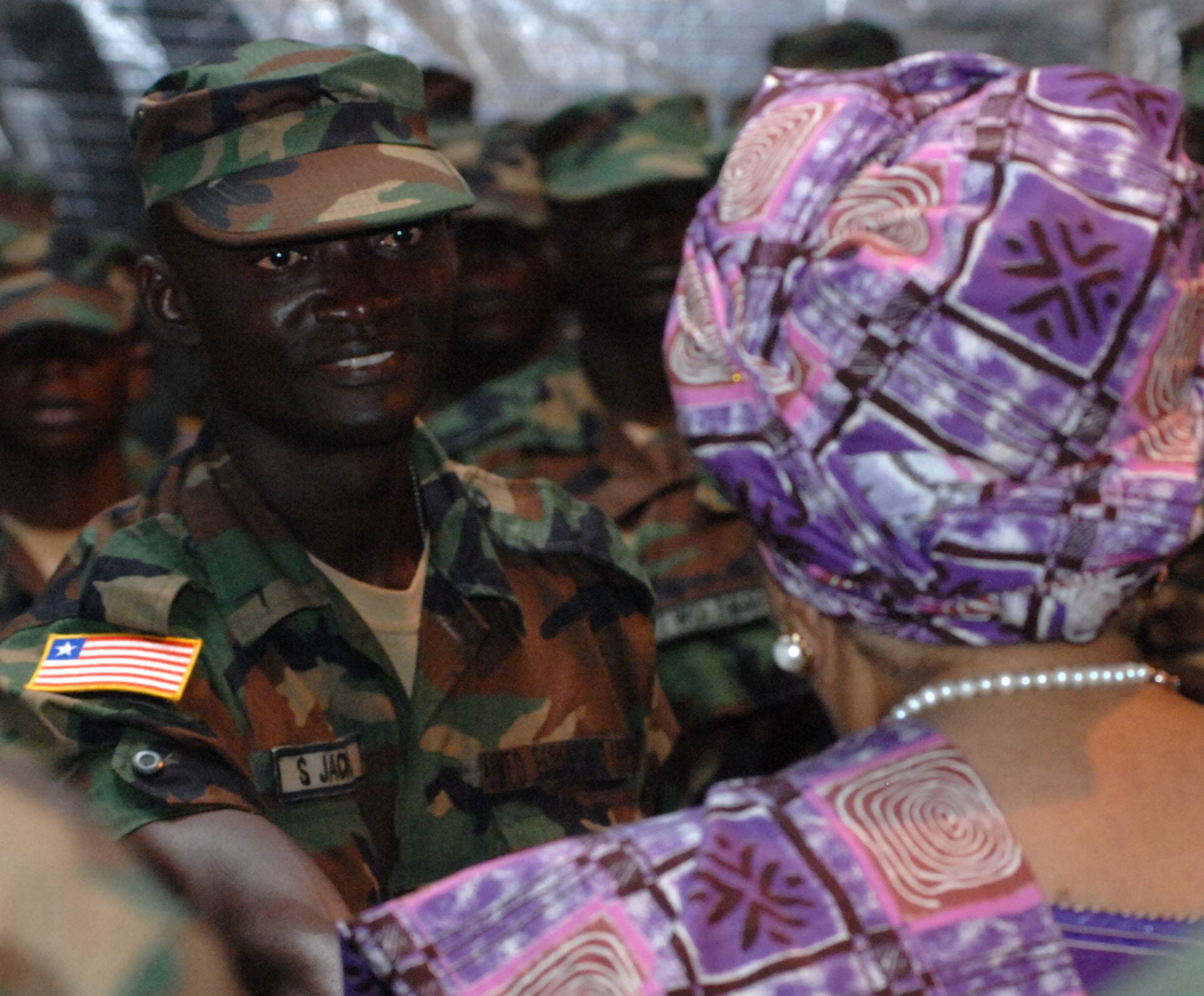
On September 22, 2016 in her address to the UN General Assembly, President Johnson-Sirleaf declared that after 13 years of institution and consolidation of peacebuilding, security, and governance strategies, the Liberian government had taken full responsibility for the agency of the future advancement of the country. The hand-off took place on June 30, 2016. The Liberian Congress on September 29, 2016, with the backing of UN Women and other agencies, voted and passed the Equal Representation and Participation Act, a significant bill of inclusion. The bill is praised by government officials as “guaranteeing the participation of women and other marginalized members of the population in shaping the country’s progress.” The ‘special constituencies’–lower than originally proposed due to budget constraints–authorizes five seats for women, one seat for a youth representative, and one for a person with disabilities within the legislative body.
Liberia is an example that by openly addressing past mistakes, pinpointing and communicating a new narrative on cultural core values, the capacity for the formulation and execution of solutions that will empower the future begins to occur.
